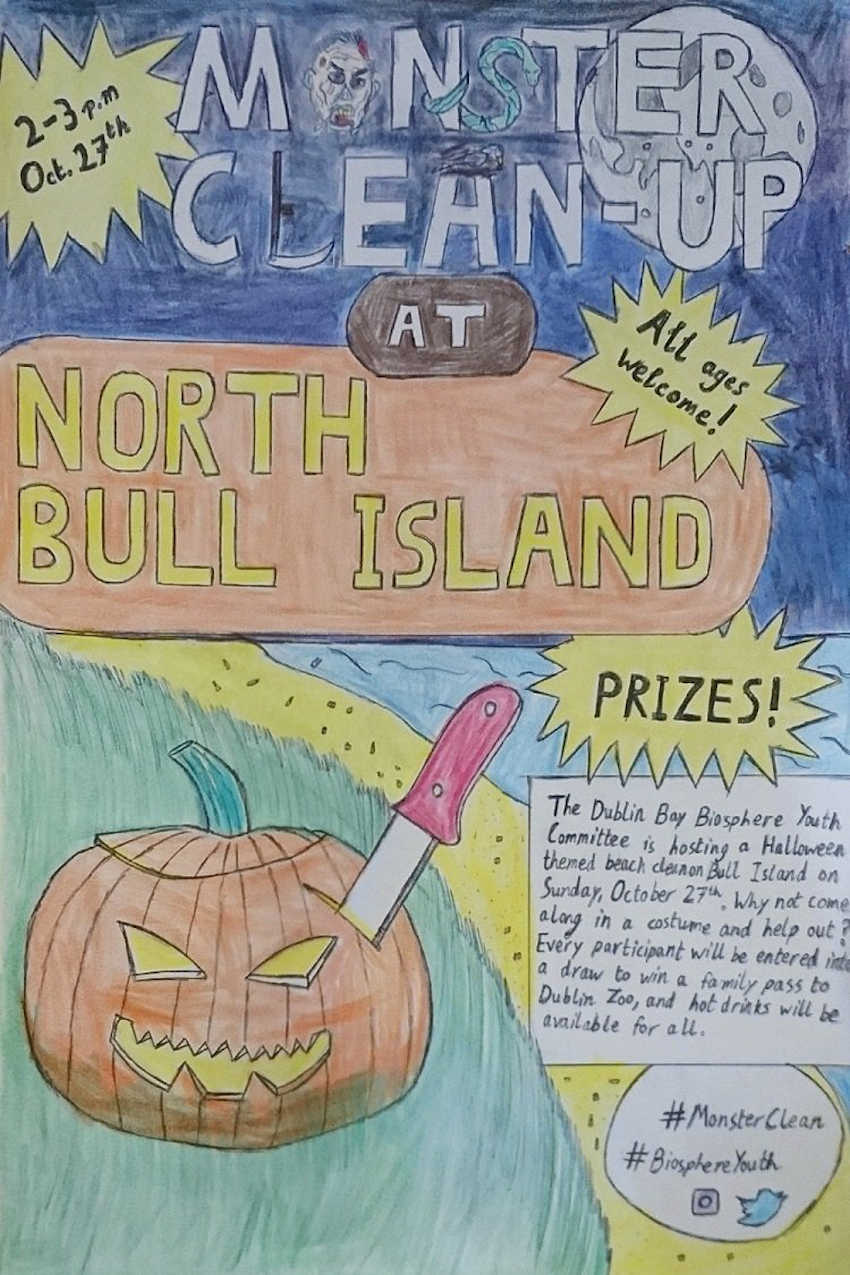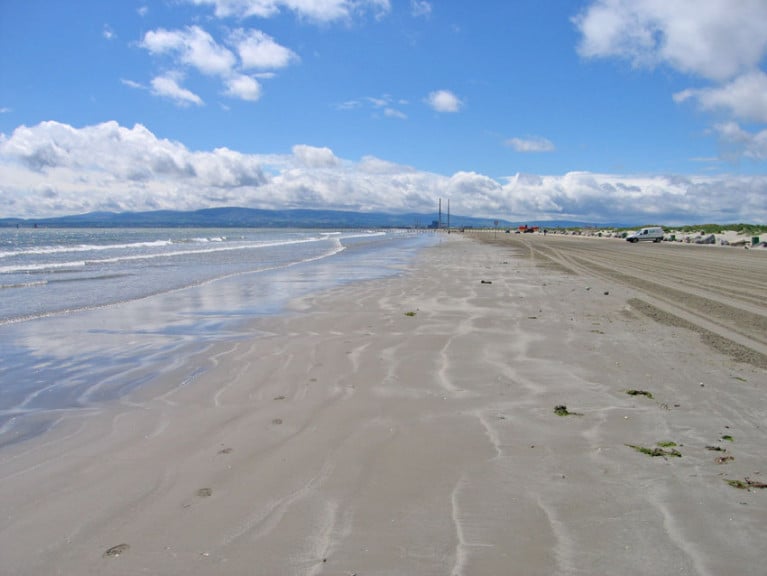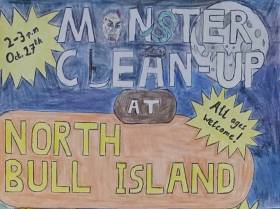Displaying items by tag: Dublin Bay Biosphere
Mysterious Blue Balls Washed Up on Dublin Beach Prompt Concern
Small blue balls found on a North Dublin beach have prompted concerns around their origin and whether they pose a threat to a protected habitat, as the Irish Times reports.
Brian Bolger — who lives near Bull Island — says he has reported increasing numbers of the 25mm rubber-like spheres, both blue and orange, washing up on the island’s Dollymount Strand.
“We thought they were golf ball innards because there are two courses on the island,” he says.
But he later discovered that similar objects washed on an English beach were traced back to a nearby nuclear power station.
Those objects, known as Taprogge balls, are used in the cleaning process for cooling systems in power stations and other industrial processes.
It’s not yet confirmed if the balls found on Dollymount are of the same type, but their presence within the Dublin Bay Biopshere prompts concern for their potential to affect a sensitive habitat for many marine wildlife species.
The Irish Times has more on the story HERE.
‘Monster Clean-Up’ On North Bull Island This Sunday
The Dublin Bay Biosphere Youth Committee is holding a ‘Monster Clean-Up’ on North Bull Island this Sunday 27 October from 2pm.
Get into the spooky spirit in this Hallowe’en-themed coastal litter pick-up event, and all taking part will be entered into a prize draw to win a family pass to Dublin Zoo.
All ages are welcome to join in — especially in costume — with all equipment provided as well as hot drinks for what will probably be a chilly day on Dublin Bay.
For more follow the hashtags #MonsterClean and #BiosphereYouth on Twitter and Instagram.
































































